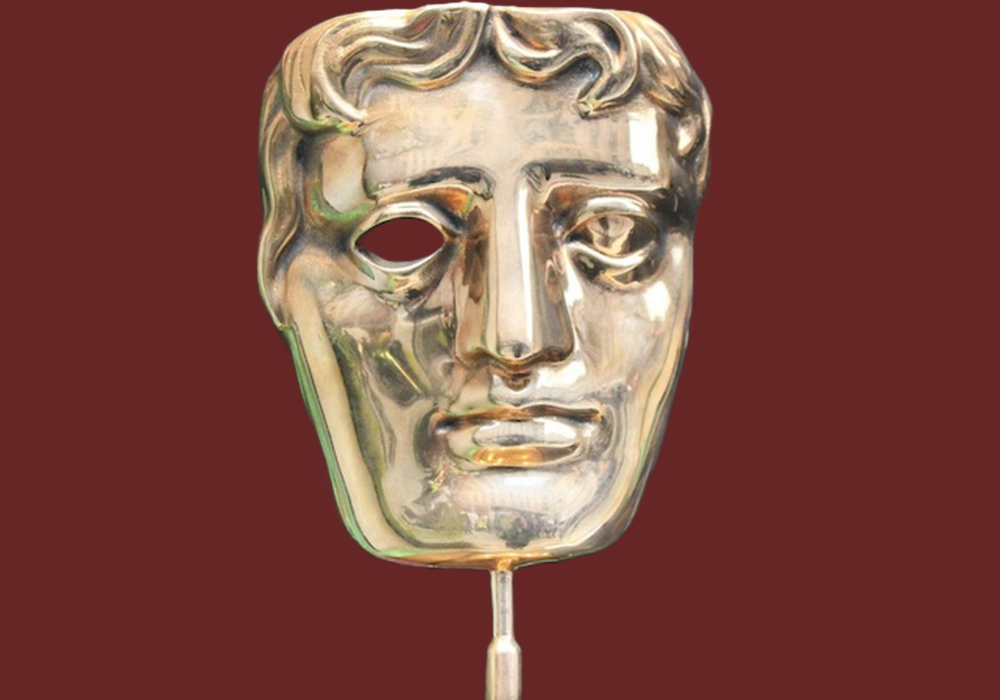BAFTA Defends All-White Best TV Actress Shortlist Amid A Drop In Nominations For People Of Color
BAFTA
The number of elderly white women nominated for best actress at the BAFTA Television Awards is being celebrated. All six nominees in the Leading Actress category are white and have previously been nominated for BAFTAs in film and television. This comes despite a significant decrease in ethnic diversity on BAFTA performance shortlists. Numerous people have since criticized the event for having all-White winners.
Many people wondered if BAFTA had hoped for a better outcome when it came to ethnic diversity in the Lead Actress category. According to CEO Jane Millichip, the current list of Leading Actress nominees has "representation in that category in the fact that if you look at the age of the actresses and the roles written for them," adding that the nominees address different discrimination for roles written for women over the age of 40. BAFTA explained that Millichip was talking about "representation" for older women as a distinct issue from diversity, which it evaluates in terms of ethnicity and socioeconomic background, among other things. Sara Putt, Deputy Chair of BAFTA and Chair of the Television Committee, doubled down on the topic, explaining that all the female nominees deserved their place on the shortlist.
The BAFTA Lead Actress nominees include:
Imelda Staunton (aged 67) for The Crown
Kate Winslet (47) for I Am Ruth
Billie Piper (40) for I Hate Suzie Too
Maxine Peake (48) for Anne
Sarah Lancashire (58) for Julia
Vicky McClure (39) for Without Sin
Skeptics pointed out that Ambika Mod was overlooked for her performance in the BBC/AMC series This Is Going To Hurt, which had six nominations for a bronze mask. Mod was nominated for Supporting Actor at the Royal Television Society Awards, and Best Actress at the Broadcast Press Guild for her role. She is currently nominated for Supporting Actress rather than Leading Actress at the BAFTAs. In the Supporting Actress category, three other women of color have been nominated: Adelayo Adedayo (The Responder), Jasmine Jobson (Top Boy), and Saffron Hocking (Top Boy).
Mod's exclusion from the Lead Actress category is part of a larger decline in ethnic diversity at the BAFTA Television Awards. More than 40% of the nominations in 2023 came from ethnic origins in the previous two years, but this reduced to 24% this year. Despite the complaints, BAFTA maintained that this was in line with industry standards and exceeded the national population breakdown in the 2021 census. The reduction in ethnic diversity comes as a result of concerns that the BAFTA Film Awards would not deliver on its promised reform to make the process more diverse.


